The first time I walked into a Montessori classroom, I was amazed to see three and four-year-olds cleaning up independently. As a Montessori teacher, I quickly learned that young children are capable of completing many age-appropriate chores. From watering classroom plants to sharpening pencils and wiping down tables, little ones can perform many chores.
Now, as a mom of three, I know that keeping kids' rooms clean is more challenging than keeping the classroom neat. From toys to art supplies and dirty socks, children often struggle with keeping a neat room. How can you teach kids to clean up? Here are some Montessori tips on cleaning, chores, and more.
How to Teach Kids to Clean Up Toys
Putting away toys is a skill you can teach your little one from toddlerhood. Even one-year-olds can start cleaning up toys. How can you do it?
Lead by example. Montessori believed that children watch what adults do carefully. That gives us the chance to set a clear example.
Show, don't tell. In Montessori classrooms, teachers don't talk a lot. Most lessons are quiet, especially for young children. Instead of talking and explaining, teachers show children how to complete activities.
For cleaning, you can do the same. Smile and get your child's attention. Then, you can put a toy away. Next, ask them to try it. You can say something simple like, "Your turn!" or "Do you want to try?"
Make a routine. In Montessori classrooms, children need to clean up one activity before starting another. You can use the same routine in your home. After playing with one toy or set of toys, you put them away before getting out another. Soon, your child will learn the routine.
Make storage simple. One common problem in playrooms and children's bedrooms is clutter. Offering too many toys at once can create overwhelm and make it hard to stay organized. Montessori advocated for offering neat shelves and leaving ample space between materials. You can do this at home by rotating toys and using bins or baskets to store toys. Offer only a few toys at a time so that it's easy to keep the space clean. This not only makes it easier to keep things neat, but it can also improve the quality of playtime.
Wait for your child to clean. As a mom, it's easy to step in and clean to finish up quickly. However, that just sends the message that our kids don't know how to clean and we don't need their help. Make time for your child to clean and ensure they clean before moving on to the next activity.
Most importantly, teaching children to help with household chores like cleaning up toys requires consistency. When the expectation is clear, over time, they learn to meet it.

Keeping a Clean Room for Kids
One common chore for children is keeping their room clean. From picking up dirty clothes to making their bed, these life skills don't always come easily, even to older children. So, how can you teach your child to keep their room neat and organized?
A chore chart and regular routine can help your child keep their room clean. For young children, you can post a chore list as pictures or images. Some common tasks may include:
- Make the bed
- Pick up toys
- Put dirty clothes in the hamper
Set a regular time of day for your child to complete these tasks. Younger children who don't attend school yet might do this as part of their morning routine. Older children might complete chores after an afternoon snack after school.
Then, you might make a regular deep cleaning day once a week. On that day, your child might also run the vacuum cleaner or dust the furniture. With regular routines, your child will learn to keep their room neat.
Montessori Chores: Tips and Tricks
In Montessori classrooms, children have many responsibilities, including cleaning and caring for the classroom. When children learn to follow these and other classroom rules, Montessori called children "normalized." In Montessori classrooms, children learn that each activity involves setting up, completing the activity, and then cleaning up. You can follow a similar pattern at home.
Some other tips and tricks that may help include:
Set a timer or use a bell. In the Montessori classroom, children often learn to tell time early so they know what time to expect clean up. You can set a timer for your child for different activities so they know when clean up will be. Or, ring a bell when it's time to clean.
Similarly, you can set a timer for cleaning. For example, set a timer for 10 minutes and challenge your child to pick up their toys or complete another chore.
Break down tasks. Some children require explicit instructions beyond "clean your room." Try breaking down tasks into parts such as "pick up toys, throw away trash, line up shoes." You can write them down as a list or use images so your child can check off each part of the task.
Make it part of life. From a young age, invite your child to help with regular tasks like preparing meals, setting the table, and cleaning. This way, doing chores is simply part of everyday life.
Need help with your chore chart? Grab a Montessori-inspired age-appropriate chore chart for kids here.
Little Helpers: An Identity and Way of Life
“Repetition is the secret to perfection, and this is why the exercises are connected with the common activities of daily life. If a child does not set a table for a group of people who are really going to eat, if he does not have real brushes for cleaning, and real carpets to sweep whenever they are used, if he does not himself have to wash and dry dishes and glasses he will never attain any real ability." - Maria Montessori
As Montessori explains, children need real-life experience to gain the skills that will serve them as they grow older. Part of this is helping shape their identity as someone who does chores, someone who contributes to the household.
One study showed that something as simple as saying "please, be a helper" instead of "help me," is more likely to get positive results from preschoolers. This switch in phrasing appeals to the child's sense of identity and that by being a helper, they're being a good person.
How Chores Help Kids Learn Responsibility
Researchers studying Mayan communities found that families include children in chores from toddlerhood. Starting early and creating the expectation that everyone in the family helps creates a sense of responsibility. Specifically, experts recommend that parents don't use chores as a punishment.
Doing chores can help children build their school-readiness skills. Plus, doing chores helps children develop a sense of responsibility. This spills over into social skills, as doing chores may even help children notice when others need help.
Many studies support the idea that doing chores can help children achieve success later in life. To learn more about the science behind chores, read this article.
Chores Are a Gift
Next time you wonder whether you should ask your child to help make a meal or clean up, remember, these little moments add up. Over time, your child will learn that doing chores is an important part of life.
How do you manage chores in your house? Tell us in the comments below.
Sources
1. CBS
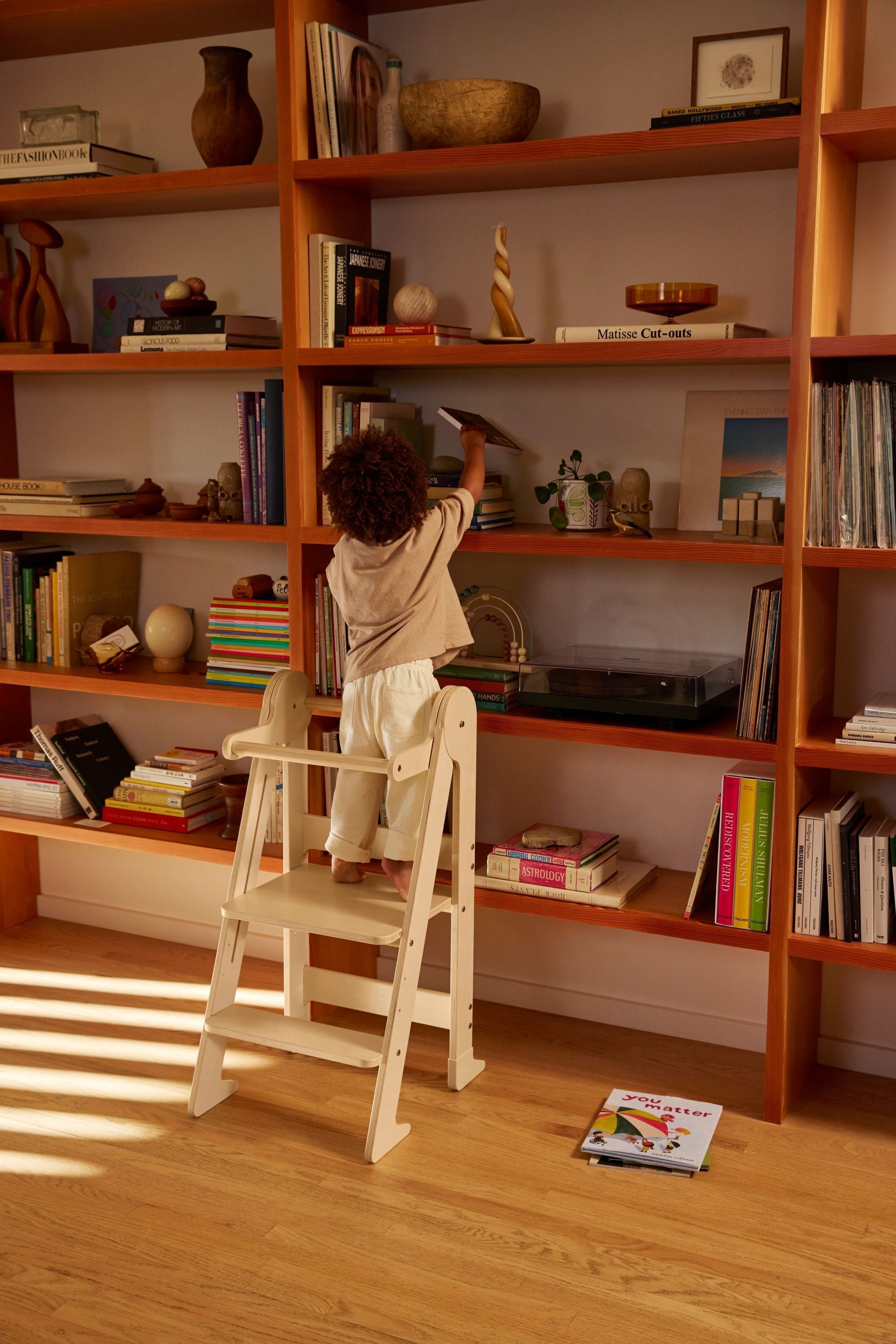

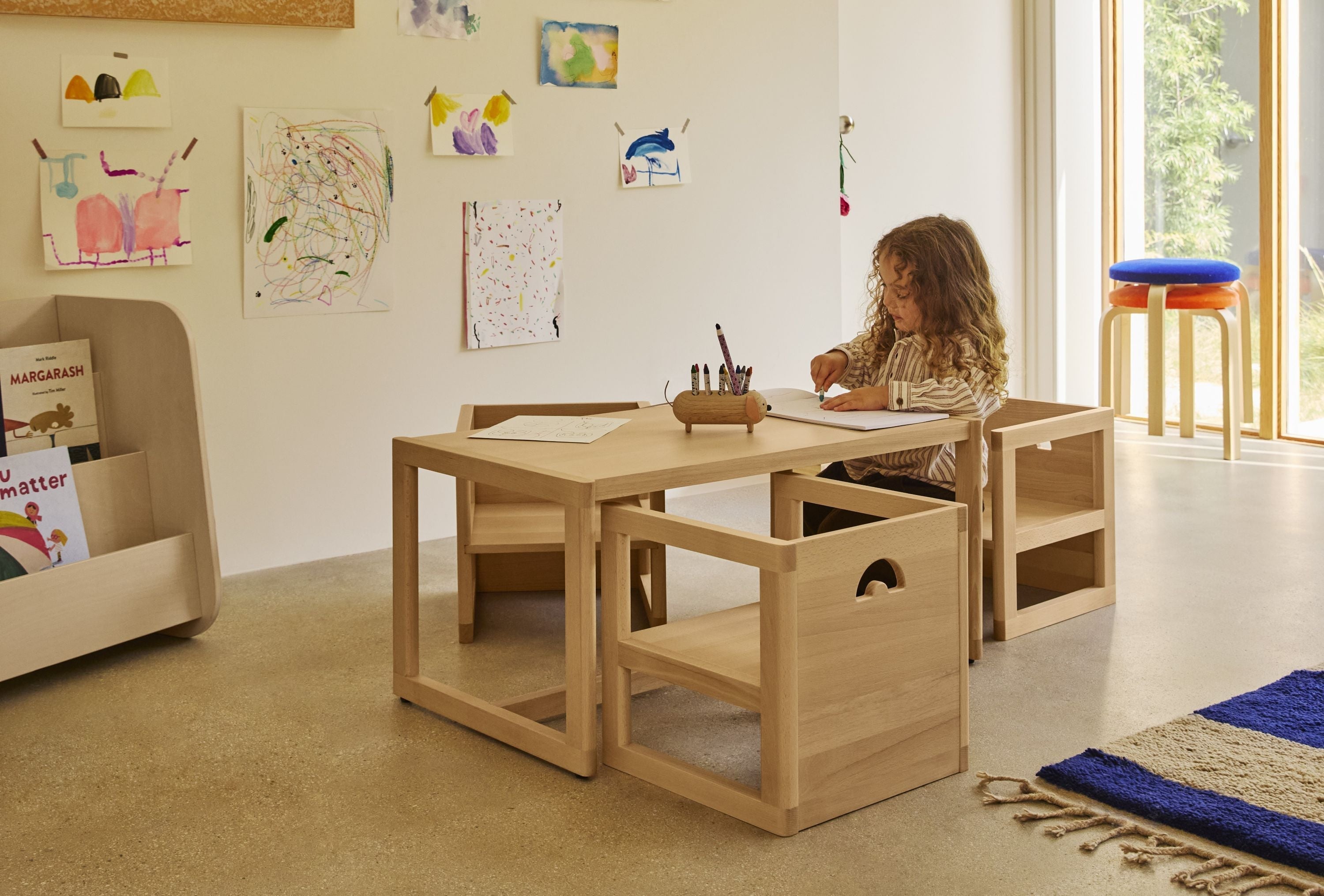
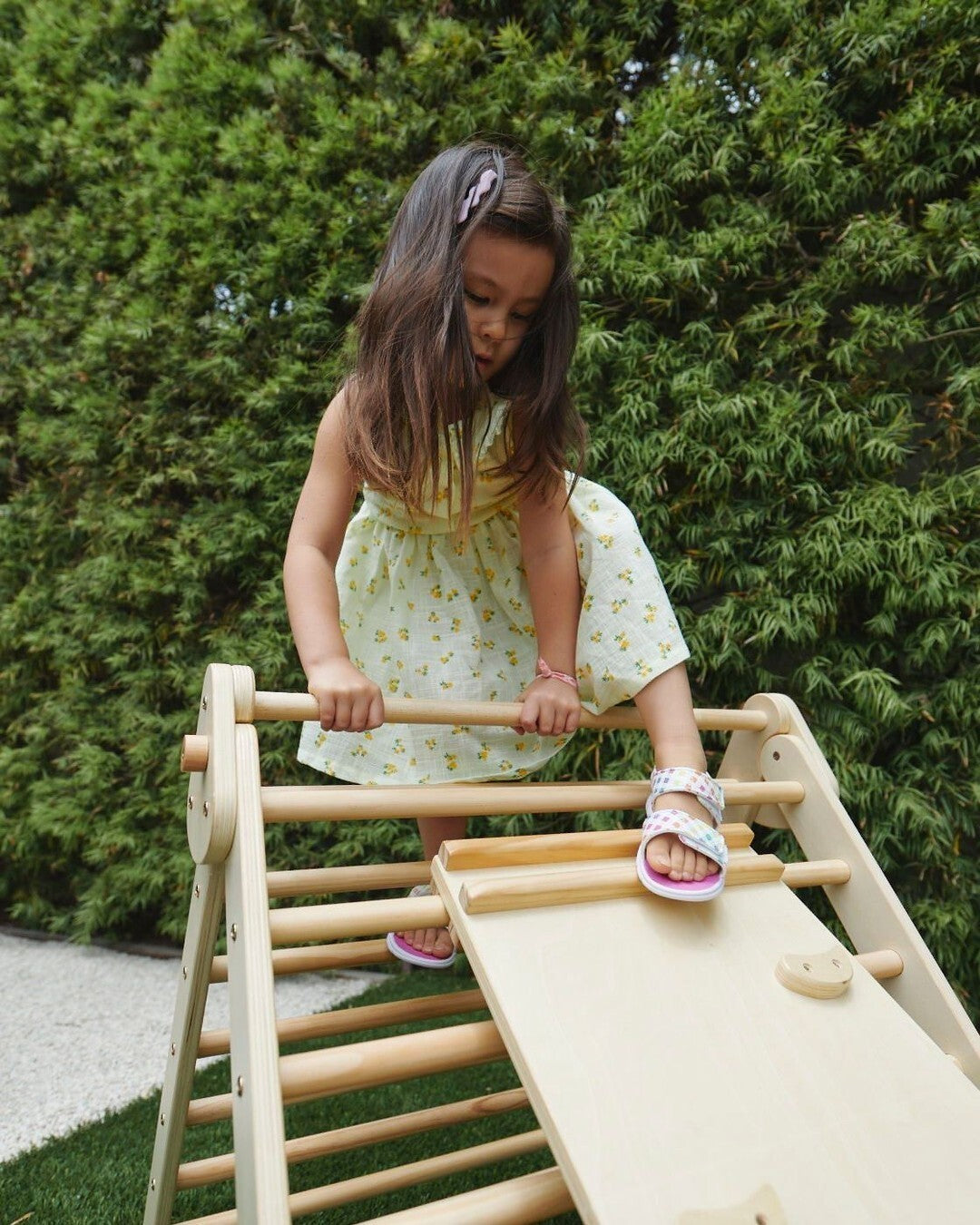
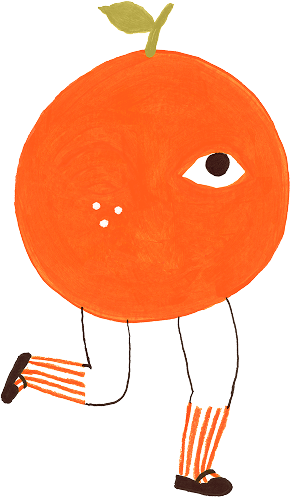
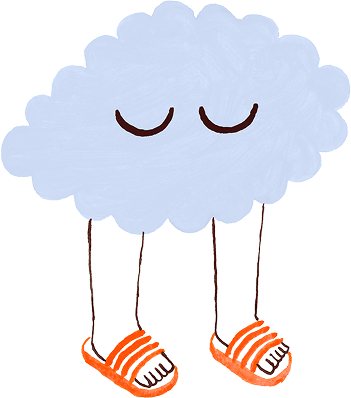
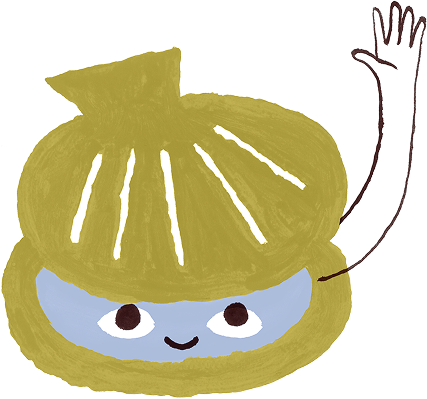
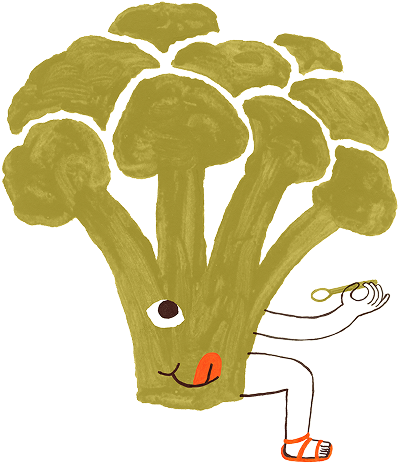
Leave a comment
This site is protected by hCaptcha and the hCaptcha Privacy Policy and Terms of Service apply.